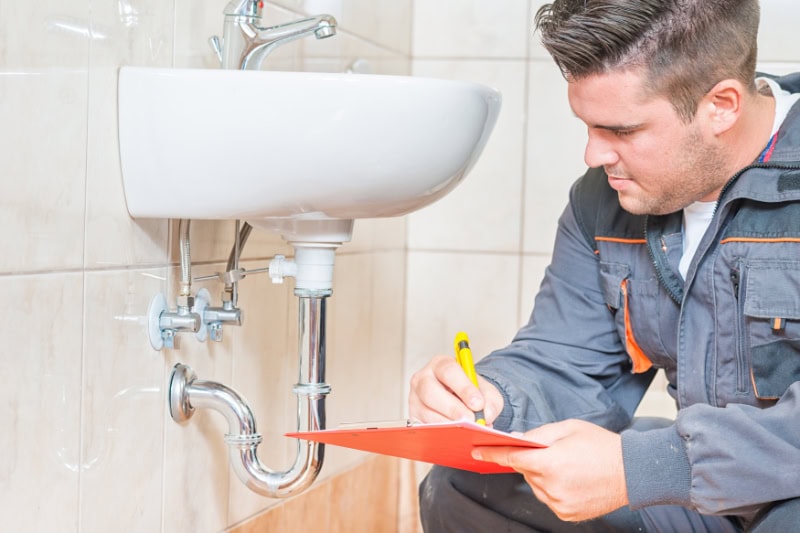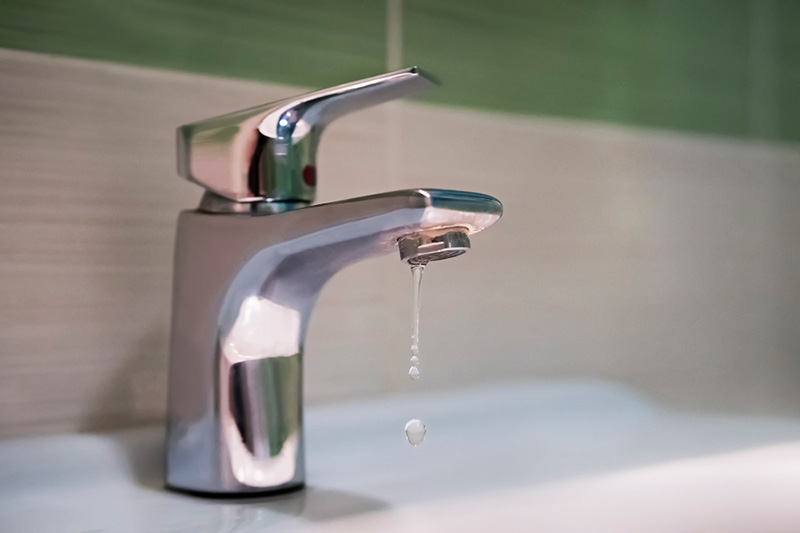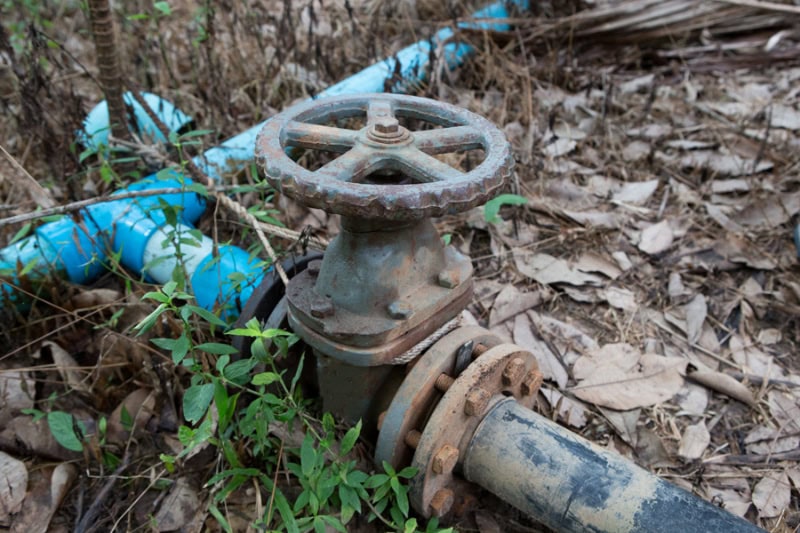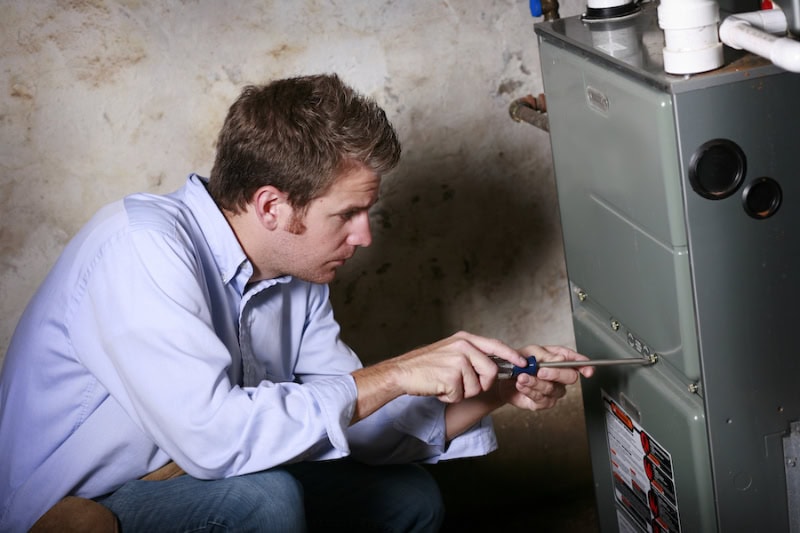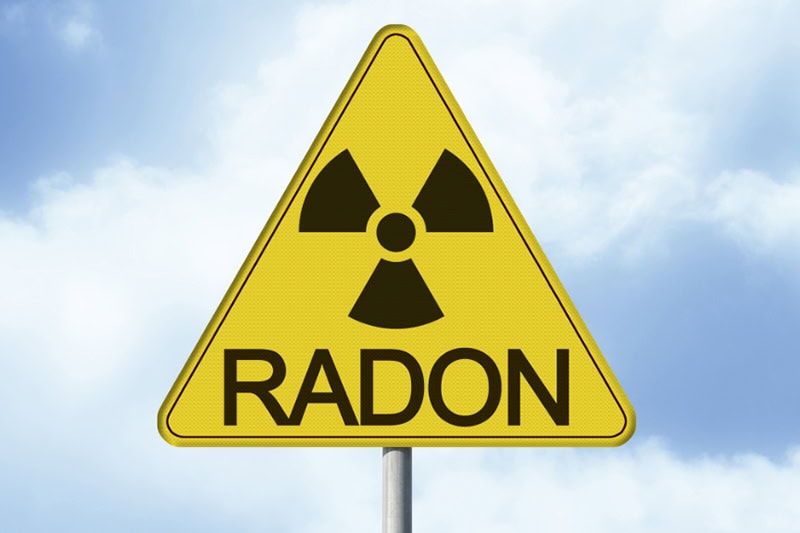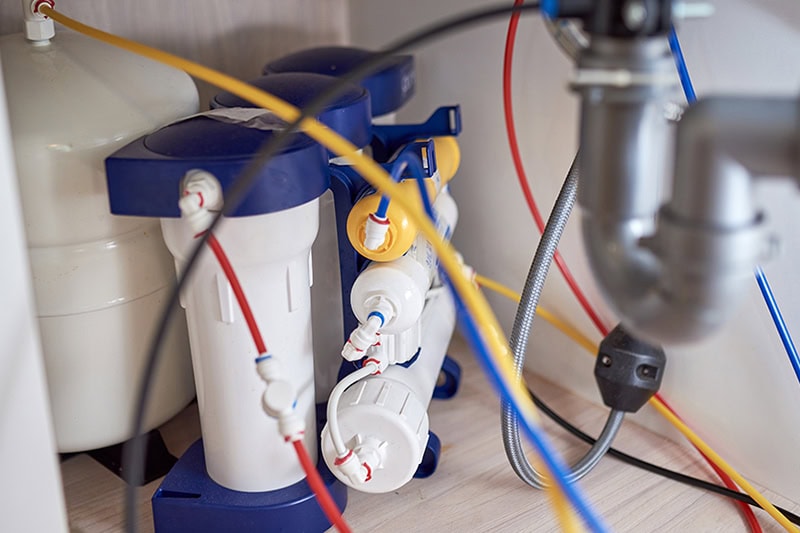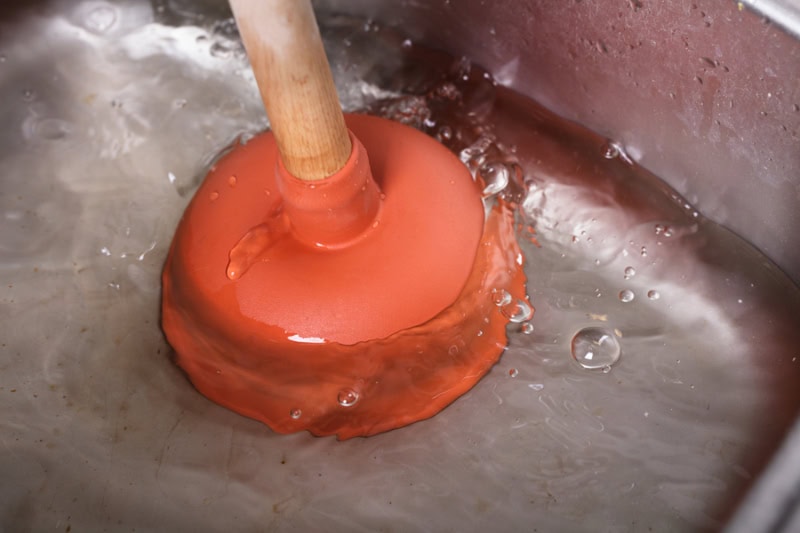Gurgle, gurgle. Hiss.
If you immediately recognize these sounds from any plumbing in your Alberta home, it could indicate you need a home plumbing inspection.
Continue ReadingLiving in Alberta means getting used to living with hard water—or does it?
Water softeners help reduce water hardness by removing nuisance minerals. While they are generally reliable, they can sometimes develop issues that affect their performance.
Continue ReadingOur Alpha Plumbing plumbers recommend addressing concerns when you initially notice them to help you save money in the long run.
Continue ReadingSewage backup is one of the most unpleasant plumbing problems you may face as a homeowner. You can live with a dripping faucet for a week or two or contend with a damaged sprinkler head until you replace it.
Continue ReadingThe same goes for a heat pump. The outdoor unit might be in perfect working condition. Still, the heating and cooling process stops without an indoor evaporator coil, connecting refrigerant lines, and a fan to blow conditioned air through ductwork.
Continue ReadingDid you know the average Canadian spends nearly 90 percent of life indoors? That’s why it is increasingly important to ensure indoor air quality (IAQ) is clean and healthy.
Continue ReadingRadon is the leading cause of lung cancer in non-smokers and has been shown to kill over 3,200 Canadians every year. Radon combined with smoking is even worse!
Continue ReadingWhen it comes to water quality in Alberta what you can’t see matters just as much as what you can.
You might assume that clear water straight from the tap is clean and safe, but it can often contain hidden contaminants, minerals, or impurities that affect how it tastes, smells, and impacts the plumbing and appliances in your Calgary home.
Continue ReadingYour Calgary, basement is flooded and filled with water. Now what?
Leaks, floods, and plumbing problems can be stressful. Alpha Plumbing Ltd is here to remove those worries. We are ready to offer the home solutions you need here in Rocky View County.
A sewage backup in your Springbank, home can easily cause your day to take a turn for the worse!
Continue Reading
